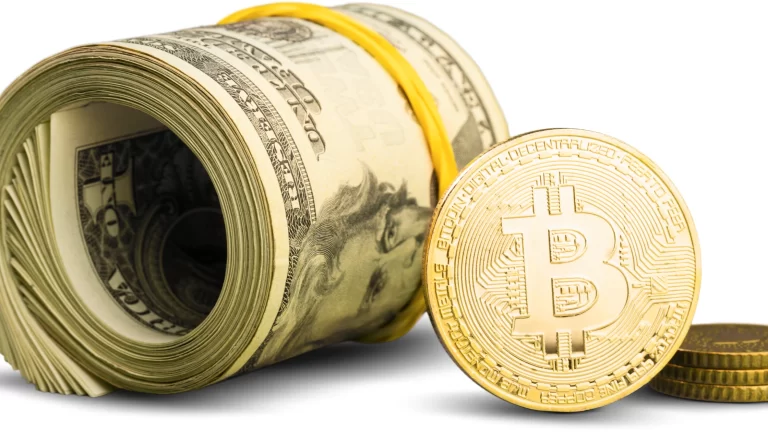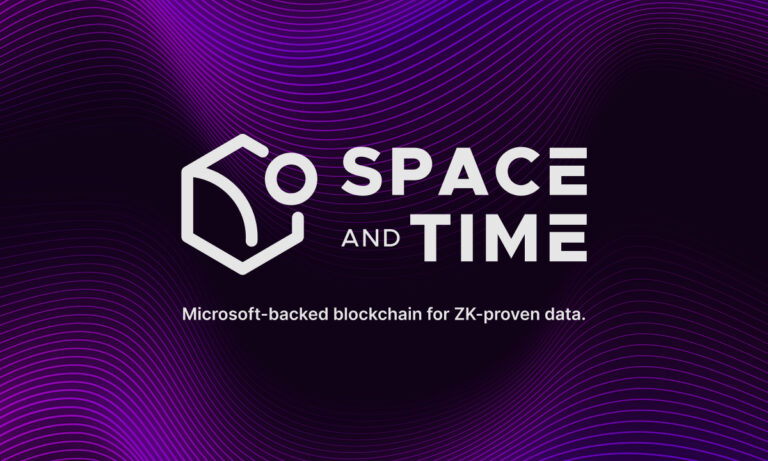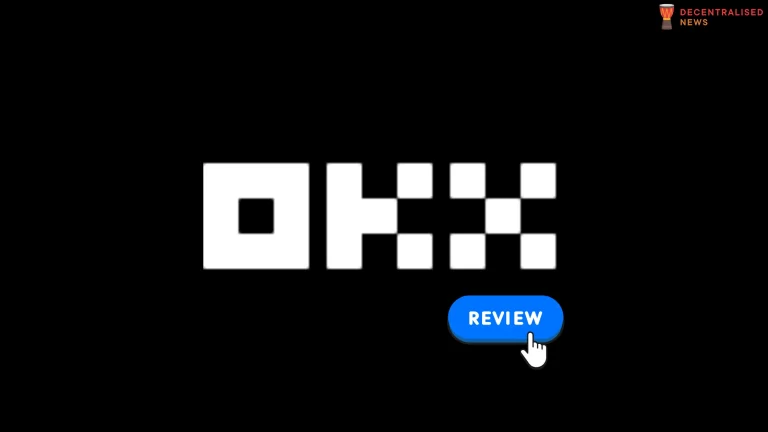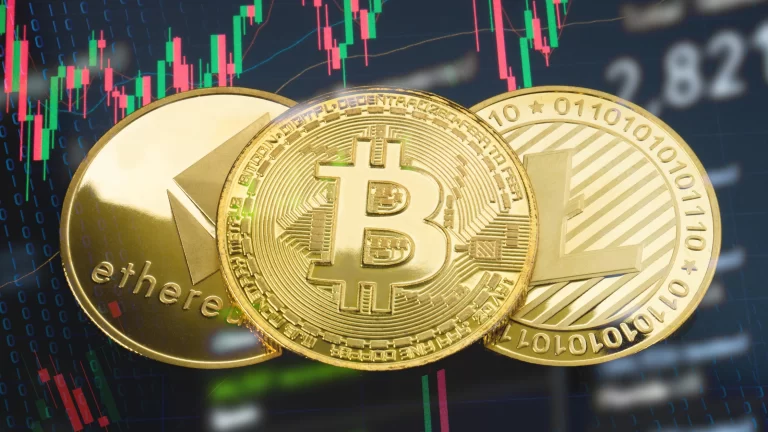0x open protocol and ZRX token explained
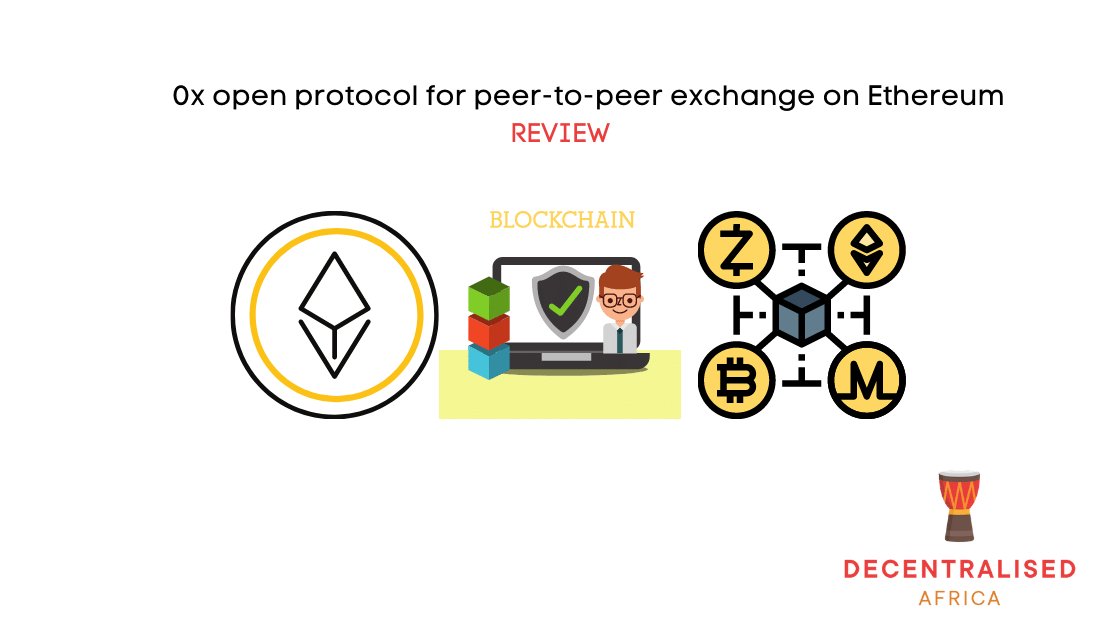
0x open protocol for peer-to-peer exchange on Ethereum
0x protocol and its native token, $ZRX, were created out of the necessity to bring a much-needed upgrade to already existing decentralized exchanges (DEXs). To do this, the Ethereum blockchain will be used to develop a network of exchanges that are immutable and totally independent of middlemen.
Key Points:
· 0x is a trustless exchange for Ethereum assets.
· Using the 0x protocol, anyone can easily build a decentralized exchange.
· ZRX Token will be used to govern the 0x protocol.
· ZRX can be traded on several top exchanges.
Basics of the 0x Protocol
0x protocol was launched in October 2016 by Will Warren and Amir Bandai. Prior to this groundbreaking project, the two founders participated in the research, deployment, and development of smart contracts.
Together with a well-selected team of experts, the co-founders were able to make the project a success.
As an open-source project, the 0x protocol will grant decentralized exchanges access to the Ethereum blockchain. The protocol also aims to improve the peer-to-peer exchange of ERC20 tokens by making them more frictionless. 0x protocol is much more easily accessible by people who use Ethereum-based wallets, such as Jaxx, Coinbase, and Exodus.
A single DApp isn’t sufficient for running the 0x protocol. Rather the protocol links different protocols to each other and makes them work together to achieve a more interconnected DApp.
How Does 0x Protocol Work?
To execute its projects, the 0x protocol sends messages through Ethereum smart contracts and relayers. This format eliminates middlemen and makes every exchange decentralized. For 0x to work, certain factors must be present and they include Ethereum smart contract, Relayers, and 0x OTC.
Ethereum Smart Contract
Orders are broadcasted and settled by the 0x protocol using the Ethereum smart contract. This includes orders that are written on the Ethereum virtual machines and are automatically executed the moment the written demands are satisfied.
Relayers
To bring about a change to the challenges plaguing both centralized and decentralized exchanges, the 0x protocol makes use of relayers to perform off-chain ordering and on-chain settlement.
0x OTC
Aside from the 0x protocol, the 0x OTC was also developed by the project team and it is live on the Ethereum test network. With this project, a peer-to-peer exchange will be made possible without a relayer.
ZRX Token
Following the creation of the 0x protocol, ZRX was developed also on August 15, 2017. ZRX is the dedicated Ethereum token of the 0x protocol. It is designed for scalability and within a short period, it has already accumulated impressive liquidity.
Relayers who keep off-chain orders will receive their reward with the ZRX token. It is also used for the governance of the 0x protocol and to facilitate its improvement.
With regards to the protocol’s governance, owners of ZRX tokens can participate in every improvement the 0x protocol will experience. ZRX can be bought, sold, and traded on over 50 exchanges. Some of the top brands include Binance, OKEx, Coinbase, Changelly, Bittrex, Shapeshift, and IDEX.
Storing ZRX tokens is not complicated. Any wallet that supports ERC20 tokens will accept ZRX. Here are some of the best wallets suitable for the storage of ZRX: Ledger, Trezor, MyEtherWallet, MetaMask and Coinomi.
DApps Built on 0x Protocol
The fact that 0x blends quite nicely with other DApps, has made it the perfect building block for decentralized exchanges. These dApps can connect to the 0x standard relayed API, to perform an exchange at the best price possible, which the 0x relayers have provided. DApps already connected to the 0x protocol are:
· OpenANX, b0X, EasyTrade, Dharma, MelonPort, Aragon, Auctus, Request Network, Augur, Lendroid Maker, District0x, ChronoBank, dydx, Hut34Project.
Conclusion
The ability of the 0x protocol to execute an off-chain order gives it a good lead ahead of its counterparts. 0x protocol is an excellent innovation that has helped already existing decentralized exchanges to work better through the introduction of a faster transaction alternative that makes use of Ethereum-based tokens. This has led to products gaining more online presence and becoming cheaper.

